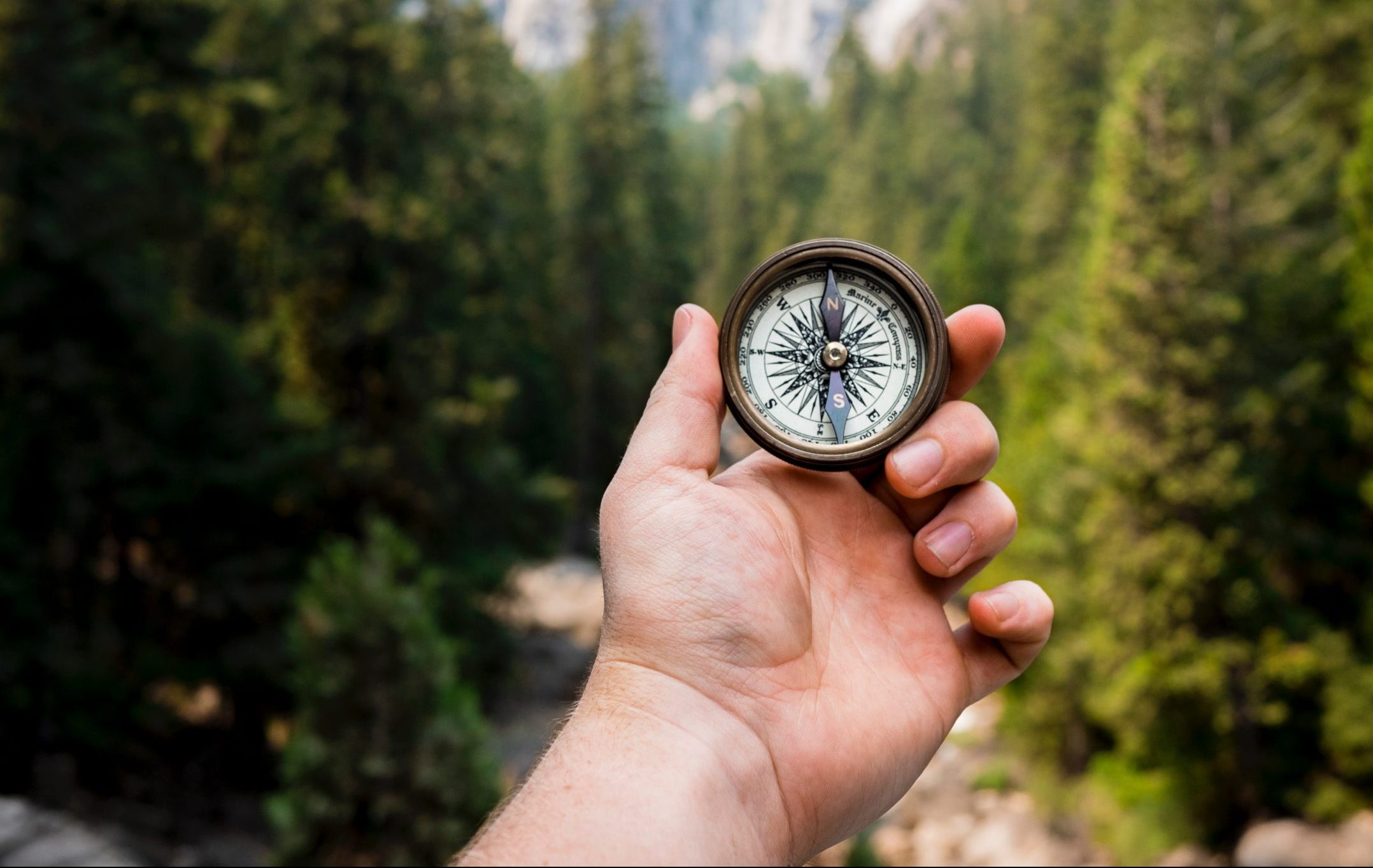We live in a globalized and connected world. Not a single spot on Earth is isolated from the rest of the global community. What happens in Vegas, doesn’t stay in Vegas. It influences us all. The COVID pandemic is a very timely example of this that probably doesn’t need any further explanation.
What this means for the world, you can read about in the two blog posts linked above. What we will dive into in this article is what this global world makes of us. What does it mean to be a global citizen? And how may this influence our future?
Tribes, Cities, Countries, World
At the dawn of our species, human society was built around tribes. The people we knew, had contact with, relied on, felt a sense of belonging to were our family members, our neighbors, and our neighbor’s neighbors. Everyone knew everyone and every member of the tribe was important for its wellbeing.
As a result of the agricultural revolution, tribes slowly developed into cities. Our people weren’t just our family and our extended family (so to speak). Suddenly people we didn’t regularly have contact with or didn’t even know were part of our feeling of home and belonging. Maybe you still know this feeling yourself. If you meet someone who was born in the same city as you, we usually feel an instant bond to that stranger.

Our community got even bigger, though, as kings and queens entered the scene. Our community became countries or nations, and suddenly most of the people who were part of our community were strangers to us. We went from knowing everyone to knowing only a fraction. Our sense of home grew larger. When we worked for the common good, it was for the common good of the nation and not just for our little tribe.
Today, our community expands the whole planet. Sure, countries and cities still matter, but to a lesser extent than before. Big entrepreneurs and leaders think about the wellbeing of humanity rather than only of their local communities. The reason for this is the global challenges we’re facing, which we need to tackle together in order to solve them. No country can solve the climate challenge nor save themselves from it on their own. What happens in Vegas, happens to all of us eventually. We have become global citizens with a global responsibility towards the whole world.
Pros and Cons of Global Citizenship
Being able to find and connect with friends from all over the world is awesome. Being able to learn from so many different cultures and traditions is awesome. And that’s why the international and diverse Moonshot Pirates community is awesome. There are many awesome things about being a global citizen, but it also follows a great responsibility with the honor.
Shared Challenges And Resources
Connectivity means connected challenges. We are responsible for our fellow global citizens and our shared world. When I sit up here in safe little Denmark with no worry in the world while a hurricane hits America due to climate change, I need to get active to help the neighbors of my neighbors of my neighbors (ad infinitum) because we’re in this world together.
This is a big ethical burden, of course. But if we turn the matter around, potentially we know we can rely on help from others if we are in need, just like we will help others if they are in need. The burden of responsibility is on everyone’s shoulders. At least potentially. The global collaboration and institutions don’t yet work perfectly, but we’re heading in the right direction.
In addition, we don’t just share our challenges, we also share our resources. Our money and material as well as our knowledge and our ideas.
The reason why everything doesn’t yet work perfectly in our global collaboration is that we haven’t yet fully accepted our global citizenship. We still think too much about yours and mine, theirs and ours. Our world is global, and thus, these words make very little sense. It’s all ours, and only together we can create a future for everyone.
Here is an inspiring TED talk on the global citizens who get active to make a difference:
Hope Lies in the Youth
The way forward is hand-in-hand with the whole world. This might seem like an overwhelming thought for some, but probably less so for the younger generations. They grew up in a connected world and have friends and connections from all around the globe. Millennials and Gen-Zs are used to think globally. Fridays for Future is an example of their global thinking as is their focus on human equality. These young people know that the future is one we build together and that the biggest challenges they will face in their life are global challenges.
So our hope lies in the young generations to help remove national barriers and start to build a collective future for all.



